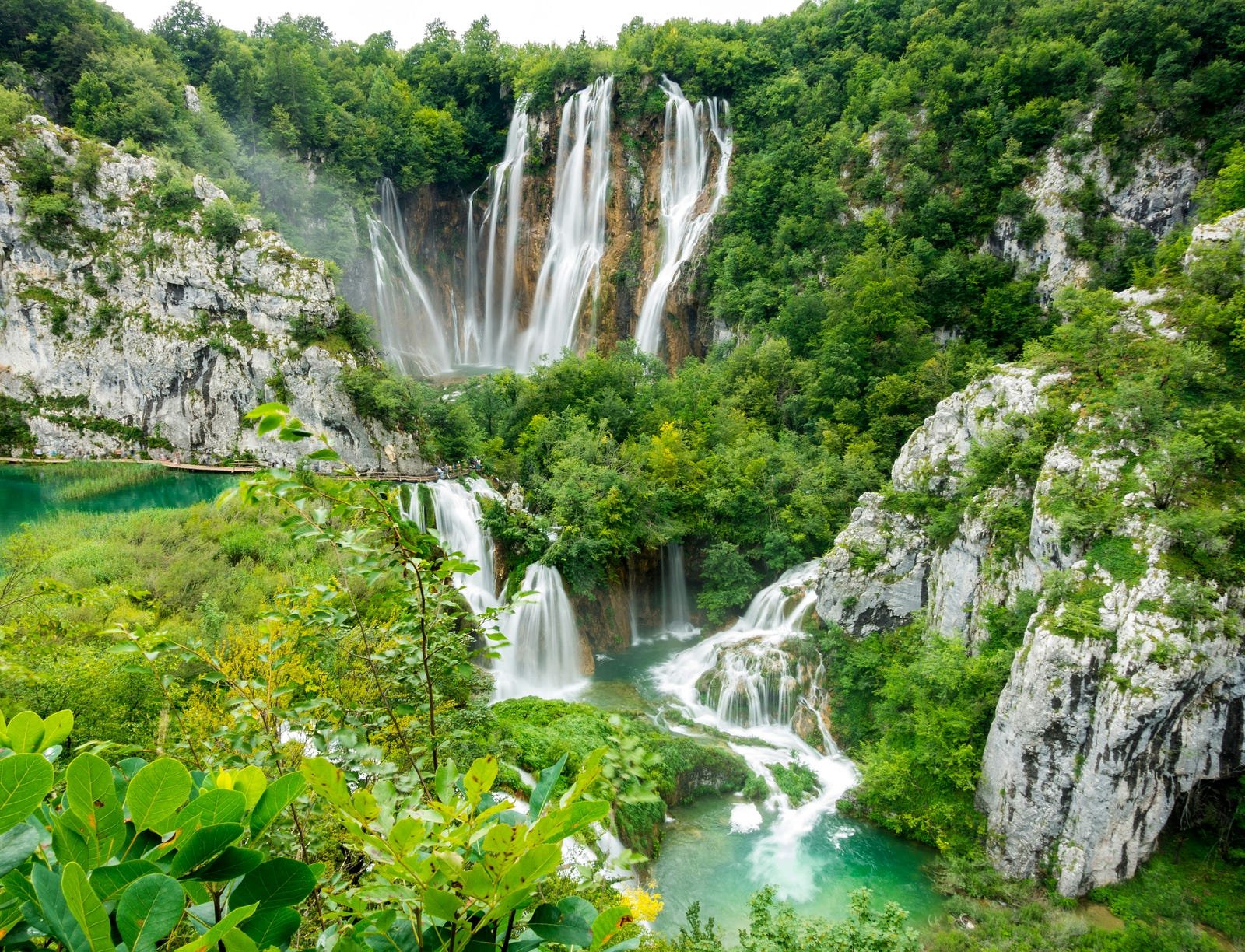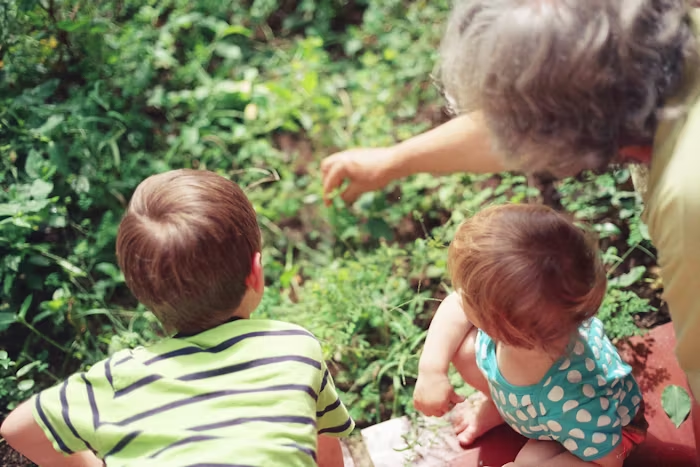In a world increasingly dominated by screens, deadlines, and urban landscapes, the power of nature to nurture happiness often goes unnoticed. Yet, science and anecdotal evidence agree: reconnecting with the natural world can profoundly impact our well-being. From reducing stress to fostering creativity, nature serves as a powerful antidote to the fast-paced, high-pressure lives many of us lead.
This article explores the fascinating relationship between nature and happiness, supported by research and practical tips for making the most of the great outdoors.
Why Does Nature Make Us Happier?
1. Nature Reduces Stress
Modern life bombards us with stressors. The endless notifications, tight schedules, and demands can leave us mentally drained. Spending time in nature has been shown to reduce cortisol levels — the hormone linked to stress.
A 2019 study published in Frontiers in Psychology revealed that spending just 20 minutes in a natural setting significantly lowers stress hormones. The tranquility of nature helps calm the mind, creating a sense of relaxation that is hard to replicate indoors.

2. Boosting Mood Through Exposure to Green Spaces
The colors, sounds, and smells of nature can elevate mood. Green spaces, in particular, have been associated with lower rates of depression and anxiety. In fact, researchers at the University of Exeter found that individuals who live closer to green spaces report higher levels of happiness and overall well-being.
Being surrounded by greenery triggers the brain’s release of serotonin, a neurotransmitter that enhances mood and promotes a sense of contentment.
3. Encouraging Mindfulness and Presence
Nature encourages us to slow down and live in the moment. Whether it’s the rustling of leaves, the chirping of birds, or the gentle flow of a stream, these sensory experiences anchor us in the present.
Mindfulness, the practice of being fully engaged in the here and now, is closely tied to happiness. Spending time outdoors naturally cultivates this state of awareness, helping to reduce overthinking and promoting a sense of peace.
The Science Behind the Nature-Happiness Link
Research consistently supports the idea that nature and happiness are deeply interconnected. Here are a few key studies that highlight this connection:
- Shinrin-Yoku (Forest Bathing)
A Japanese practice known as Shinrin-Yoku, or forest bathing, involves immersing oneself in a forest environment. Studies have shown that this practice reduces heart rate, blood pressure, and stress levels while enhancing overall well-being. - Attention Restoration Theory
The theory suggests that spending time in nature restores our ability to focus. Unlike urban environments, which demand constant attention and decision-making, natural settings provide a mental reprieve, allowing the brain to recharge. - Vitamin D and Happiness
Sunlight, a key component of time spent outdoors, boosts vitamin D levels. This vitamin plays a critical role in regulating mood and preventing conditions like Seasonal Affective Disorder (SAD).
Practical Ways to Reconnect with Nature
1. Take Regular Walks in Green Spaces
Walking is one of the easiest ways to incorporate nature into your routine. Seek out parks, nature trails, or even tree-lined streets for your daily strolls. These moments of connection with greenery can significantly uplift your mood.
2. Create a Nature-Inspired Space at Home
If venturing outdoors daily isn’t feasible, bring nature to you. Add indoor plants, open windows for fresh air, and choose décor inspired by natural elements. This can simulate some of the calming effects of outdoor environments.
3. Try Outdoor Hobbies
Engaging in activities like gardening, hiking, birdwatching, or kayaking not only keeps you active but also deepens your relationship with nature. These hobbies encourage prolonged exposure to natural settings, maximizing their mental health benefits.
4. Unplug from Technology
Use your time in nature to disconnect from devices. This practice enhances your ability to focus on the natural world and reduces the stress linked to constant digital connectivity.
How Nature Enhances Social Bonds
Spending time in nature often involves shared experiences — family hikes, picnics, or group camping trips. These moments foster stronger connections with loved ones, contributing to feelings of belonging and happiness.
Studies show that shared outdoor experiences create lasting memories and strengthen relationships. Nature acts as a social glue, encouraging communication, collaboration, and a sense of togetherness.
Nature as a Creativity Booster
If you’ve ever had a brilliant idea while walking in the woods or gazing at the stars, you’re not alone. Nature has a profound impact on creativity.
A study by psychologists at the University of Utah found that spending time in natural environments increases creative problem-solving skills by up to 50%. The absence of digital distractions and the sensory richness of the outdoors help the brain think more freely and imaginatively.
Barriers to Connecting with Nature and How to Overcome Them
1. Lack of Time
Busy schedules often leave little room for outdoor activities. Overcome this by incorporating nature into your daily routine. Take meetings outside, exercise in a park, or enjoy your morning coffee on the balcony.
2. Accessibility Issues
Not everyone lives close to expansive natural spaces. Urban dwellers can benefit from visiting local parks, rooftop gardens, or community green spaces. Even small doses of nature can make a difference.
3. Weather Constraints
Cold, rainy, or excessively hot weather may deter outdoor activities. In these cases, consider indoor alternatives like tending to houseplants, watching nature documentaries, or meditating with nature sounds.
Long-Term Benefits of Connecting with Nature
- Improved Mental Health: Regular exposure to nature reduces symptoms of depression, anxiety, and stress over time.
- Enhanced Physical Health: Activities like hiking, jogging, or swimming improve cardiovascular health and overall fitness.
- Increased Resilience: Nature fosters a sense of awe and perspective, helping individuals navigate life’s challenges with greater ease.
Nature holds the key to happiness in ways that modern life often overlooks. From its ability to reduce stress and enhance mood to fostering creativity and social bonds, the benefits of spending time outdoors are immeasurable.
Start small — take a walk, plant a tree, or sit by a window overlooking the sky. Over time, these simple actions will deepen your connection with nature and significantly enhance your quality of life.
Happiness isn’t always about grand gestures. Sometimes, it’s as simple as stepping outside and breathing in the fresh air. Nature has been here all along, waiting to remind us of the joy and serenity it brings. Embrace it, and let the outdoors transform your life.










